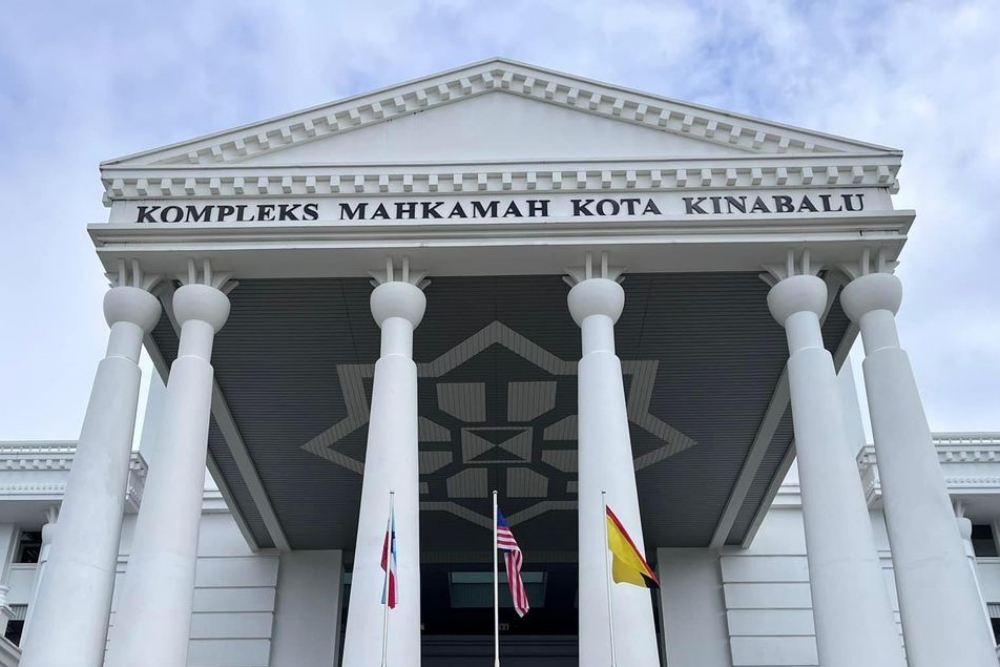ADVERTISE HERE
KUALA LUMPUR: The first day of the policy-level debate on the Supply Bill 2025 in Dewan Rakyat today saw Members of Parliament raise various issues, including those related to financial schemes, cyber security and education.
Mohd Syahir Che Sulaiman (PN-Bachok) in his debate called on the government to formulate a more comprehensive control policy to regulate online financial service providers that offer Buy Now, Pay Later (BNPL) schemes.
He said the policy was necessary as the value of BNPL debt among young people increased to RM1.42 billion involving 3.7 million account holders aged between 21 and 45, based on the latest data from the Consumer Credit Monitoring Board (CCOB) Task Force.
“The younger generation is at risk of falling into a higher household debt scene due to the tendency to use the BNPL scheme facility. Unlike credit cards and personal loans, BNPL often does not require an in-depth credit check.
“The appeal of the BNPL model lies in its flexibility and accessibility, appealing to a wide spectrum of users, especially those belonging to the Millennial and Gen Z generations, who are heavily exposed to online purchases,“ he said.
In the meantime, Datuk Seri Amirudin Shari (PH-Gombak) described the allocation of RM10 million to the National Cyber Security Agency (NACSA) to add 100 additional staff as a government effort to improve the country’s cyber security.
The Selangor Menteri Besar said the allocation was significant with the future of the country that will enter the threshold of the world of artificial intelligence (AI) and is expected to have various effects on human behavior.
“More so in AI that will affect the accuracy or even the authenticity of something. Imagine if questions such as preparing a thesis in exam or even the value of knowledge in the school system, all these value systems will be destroyed if we do not have control.
“This does not mean that we want to close social media or that we have to control, close AI but there needs to be an ethical line by being aware of this kind of danger... if it is not well controlled it will be a nuisance to the community and the people of our country,” he said.
Member of Parliament from Sarawak Ahmad Johnie Zawawi (GPS-Igan) also raised the issue of education including the issue of vacancy and lack of teachers which is still critical in the state, especially for schools in rural areas as well as the issue of headmasters and principals.
He said as of Sept 30, there were 2,229 vacancies for teachers in the state involving 1,906 vacancies in primary schools and 323 in secondary schools, while in the same period 109 primary schools still had no headmasters and 75 secondary schools had no principals.
“The vacancy of headmasters and principals in Sarawak is a significant issue and has the potential to affect school management and the performance of students because there is no effective monitoring and guidance for teachers and students,” he said.
Ahmad Johnie also raised the issue of principals and teacher allowance rates in Sarawak which does not commensurate or equivalent to the additional responsibilities, therefore asking the MoE to review the allowance payment rate.








 English (US) ·
English (US) ·